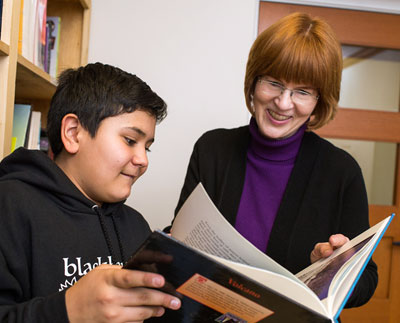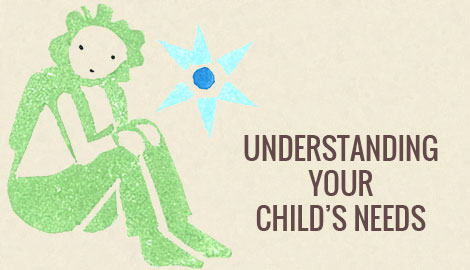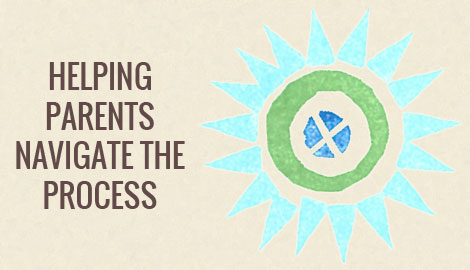What is educational therapy?
Educational therapy is much more than tutoring. Education therapy combines educational and therapeutic methods to help children, adolescents, and adults with learning challenges demystify learning problems and build on their strengths. An educational therapist can assist with communication and advocacy for the student, and help them develop strong skills and strategies for success.
LEARN more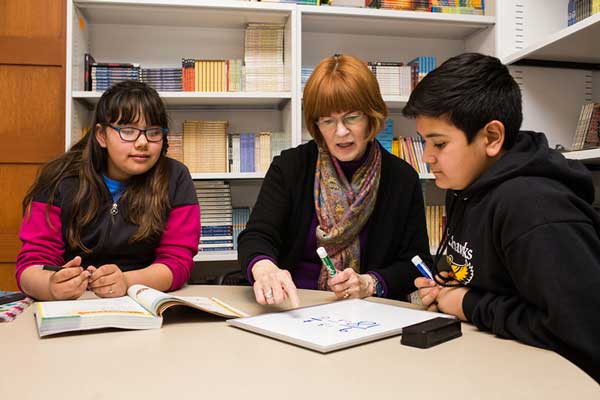
Dr. Durham is a fantastic resource for kids, families and teachers. Her experience, knowledge, understanding and warmth have helped me to meet the needs of the students and families that I serve. She offers strategic advocacy, planning, case management and tutoring to ensure that students are challenged, empowered and happy.
How I can help you
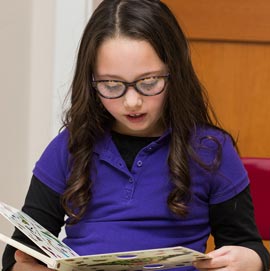
Working with
your child
Learn more
Extensive experience
in schools with students, teachers, related service support staff, and with parents.
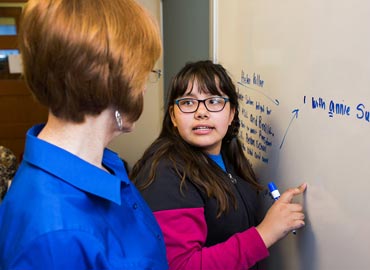
Latest Posts
Some Ideas On How to Make Our Current Stay-at-Home World Less Stressful
Every day seems to bring new challenges and new learnings on how to exist in a Covid-19 world. Here are a few things that you can do to make life more manageable and enjoyable while you are at home with your children.
- First, create a set schedule and write it down for you and your family. Here are a few sample schedule links to give you some ideas https://www.cdc.gov/parents/essentials/structure/index.html ; https://pro.psychcentral.com/child-therapist/2020/03/sample-daily-schedule-for-kids-during-coronavirus-stay-at-home-orders/
- Include exercise and quiet time on the schedule. If you can get outside to walk or play games be sure and do so. Use online classes for exercise, yoga, and movement of any kind. Remember exercise and sunlight help us all feel less depressed, less anxious, and more positive about our lives.
- If you need lessons and activities to keep your children busy, here are a couple of good sources for extra work and practice. https://www.education.com; https://www.buzzfeed.com/melissaharrison/educational-resources-activities-kids-coronavirus; https://www.understood.org/en/school-learning/stuck-at-home-activities
- The Santa Fe Science Initiative will soon have Science activities to do at home, https:// sfscience.org The Reading Group Facebook page @readytoreadsantafe, also has lots of great resources.
- Add some fun! Audible and Apple books have free books for kids. Your local library and book stores may also have read aloud programs. The Santa Fe Public Library has extensive resources ranging from Read-Alongs to virtual visits to Paris Art Museums. Book Are Magic in Brooklyn, New York has frequent read-aloud events through their instagram account (booksaremagicbk).
- Teach your kids how to do something you know how to do and they don't such as—knitting, crocheting, baking a cake, painting a wall, or planting an avocado pit.
- Now is the time to learn new skills or practice newish ones such as typing , learning to dictate on the computer, practicing math facts, putting extra time into that musical instrument your child is learning to play, learning to juggle or to do magic tricks.
- Use Zoom, Skype, Face time, Google Hangout, etc. to create play dates for your child or chats for your teens. They can play the same board or card game virtually (keep the groups small, start with one friend at first). Many of today's kids don't know how to have a conversation, so if your child could use a little help create conversation starter sticks or paper strips with topics such as:
- What have you been doing this week?
- What movie, DVD, TV program have you seen this week that you liked? What have you seen that you didn't like?
- What's the weirdest thing you've done this week?
- The coolest thing?
You get the idea.
- Organize a kid or teen book group with your children. You can have a family group if your children are readers or match your child to a school friend. Have everyone read the same book and have a virtual book club meeting to discuss the book. Don’t forget to order books from your local independent book sellers to help them stay in business. If your child could use some help organizing the book club meeting, create questions together to ask about the book.
- Make regular appointments with extended family for virtual chats. Share books, movie ideas, or even share a meal or snack —agreeing to make the same food and eat together virtually.
These are just a few ideas to help you get through these unusual times with your family. Stay well and stay safe.
[...]Choosing A Planner
During my many years of working with students with attention and focus issues, executive function difficulties, learning challenges, and a combination of all three, I have become more and more convinced that students need to start working with a planner or agenda in the early grades. Classrooms and teachers that use a planner/agenda system for the entire class and teach students how to use the planner, are providing a concrete organizing structure that can be built upon over the years. If that teacher teaches students about how the agenda is an external organizer for the frontal cortex/executive function part of the brain, all the better.
Most adults keep a calendar and a to-do list. For most of us, finding the system that works takes trial and error. I keep a paper calendar with pages for the entire month and pages for the week. I need to see the entire month and then specific days. I also keep a daily to-do list which fits onto pages of a specific week. When my to-do list needs a modified and numbered to-do list, then I know things have gotten out of hand and I need to winnow down to one list!
When selecting a planner/agenda for late elementary, middle, and high school students, choose a large enough format so that students can easily write on the pages; keep the size in line with a sheet of paper, make sure the planner can easily fit in a binder, limit the heft and weight of the planner so that it is actually used, and pick a planner that has both monthly and weekly entry pages so the student can see the past and future and not just that day. You may need to try several formats with your child or students before you find the perfect fit. The more the student is invested in the planner the more likely he/she is to use it.
Two planners that I have been looking at in some detail are designed by professionals who conduct professional development training on executive function for teachers, parents, and students. Both of these organizations also work with students and families. The first is created by Executive Functioning Success, www.executivefunctioningsuccess.com. Marydee Skylar and her team have created a planner for adults and one for middle/high school students. Their thirteen month student planner is a little larger than a standard size sheet of paper and has front and back interior plastic pockets s for storing loose papers, two page monthly calendars with space and lines to write events, activities, assignments, etc for each day. There are pages for project planning, sheets to track weekly commitments, and tear off daily to-do pages that include sections for homework and after school chores and fun. As a disclaimer, I have to admit that I have taken Marydee’s “Seeing My Time” Class and own a copy of her student planner.
Another planner which shares many of the characteristics of the Executive Functioning Success planner is created by Cognitive Connections, Sarah Ward and Kristen Jacobsen, https://www.efpractice.com. A friend of mine ,who owns and runs a school for students with learning challenges in Maine, brought the work of Cognitive Connections to my attention and I plan to take some of their webinars. 360 Thinking Academic Planner contains monthly calendar pages, planner pages for each day, and homework to-do sheets with sections for writing down the assignment, materials needed, and due date. There are also project planning sheets. Each planner contains 5 1/2 months of pages for a semester.
Both planners include access to support videos for using the planning systems and both are products of models developed to teach students executive function skills. There are other products on the market, but these two planners are created based on executive function research and years of work with students.
[...]